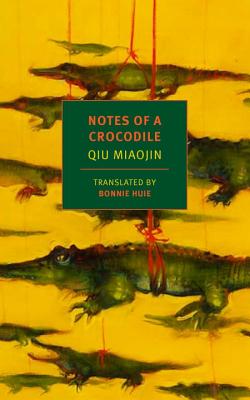APS TOGETHER
Day 7 | pp. 154-177 (through “I wanted to go home. Home….”)
July 14, 2021 by Paul Lisicky
For Lazi, lust is a barrier, a complicator. It gets in the way of her longing “to be close to someone.” She decides that platonic love is the way out of her “prison,” so she vows to be more affectionate and real with Tun Tun and Zhi Rou.
When circumstances grow darker for Lazi, she decides to “take responsibility” for the “state of her misery.” But is it exactly possible to “open up" to others in a still-repressive society, after the end of 30 years of martial law?
Lazi is so enchanted by Zhi Rou’s vulnerability that she focuses only on her openness and doesn’t react when she’s told that her older sister “tried to hang herself twice.” Her love for form gets in the way of content, sometimes.
Much of the book feels outside of clock time, like an extended dream, and then there’s a reference to liposuction or The Smiths, and we’re shocked back to the late 80s. Does Lazi know about AIDS? Is the threat of it in the air in Taipei?
The loveliness of Lazi coming out to Zhi Rou. The directness, so hard won. And the relief of Zhi Rou’s causal acceptance after she freezes momentarily: “The absolute tenderness in those eyes.”
Lazi going back to Shui Ling—no! We read knowing this is an awful idea. (“…the warmer, simpler Shui Ling of the old days emerged like a dainty white bud, untouched on the mountainside.”) Even her language has been corrupted. No!
